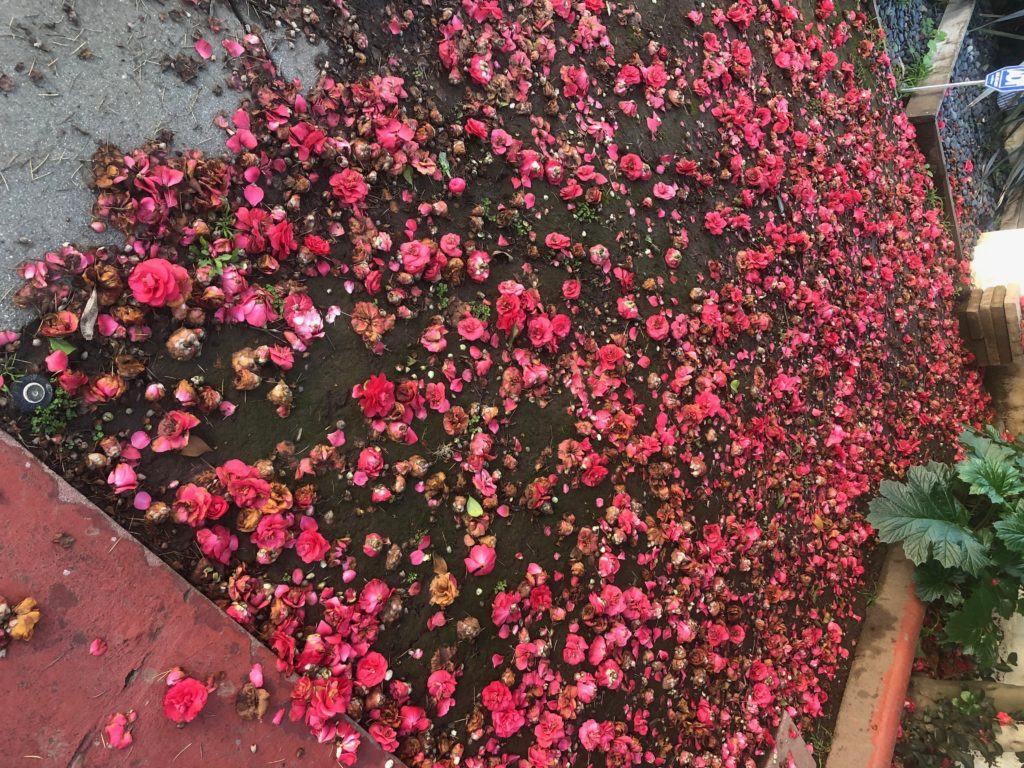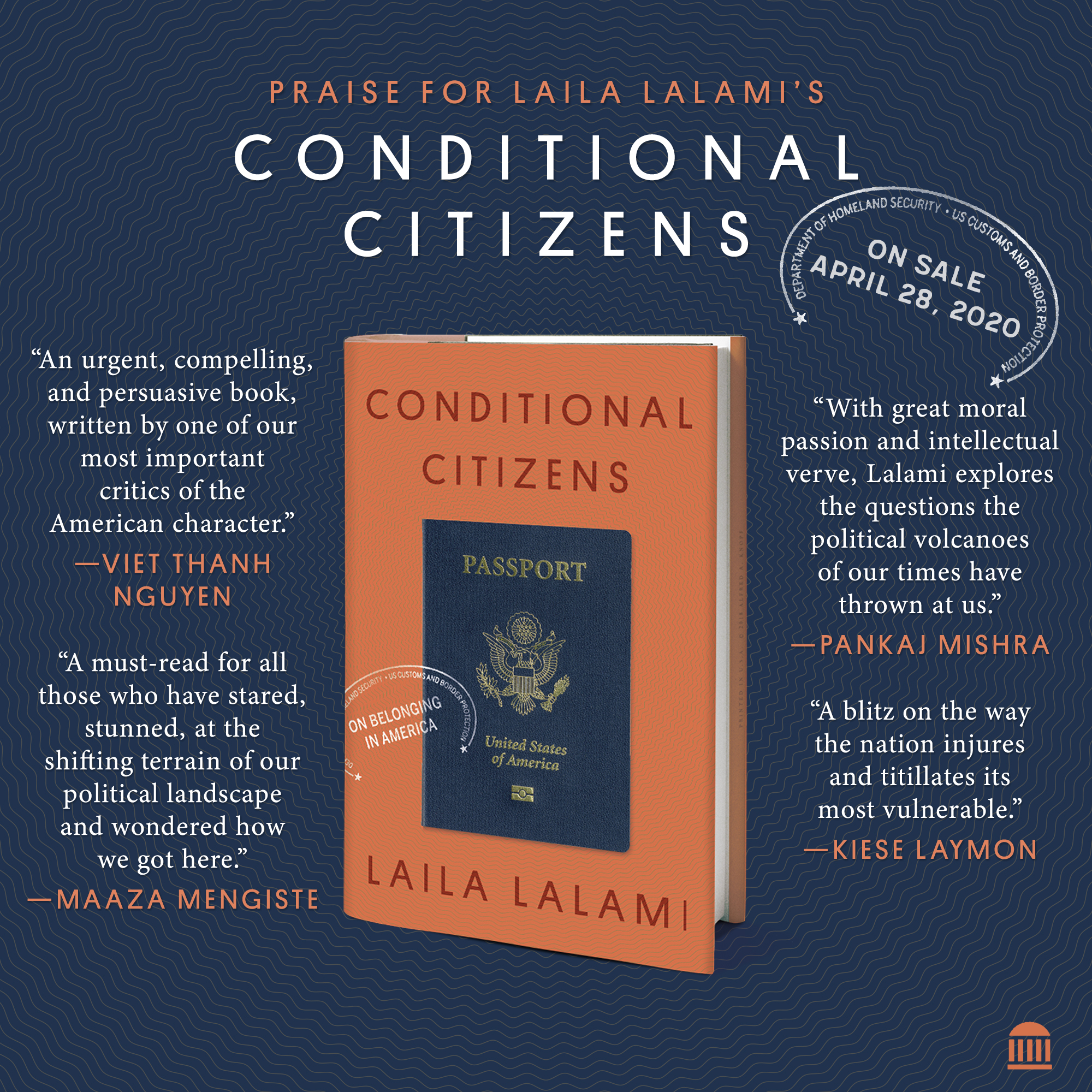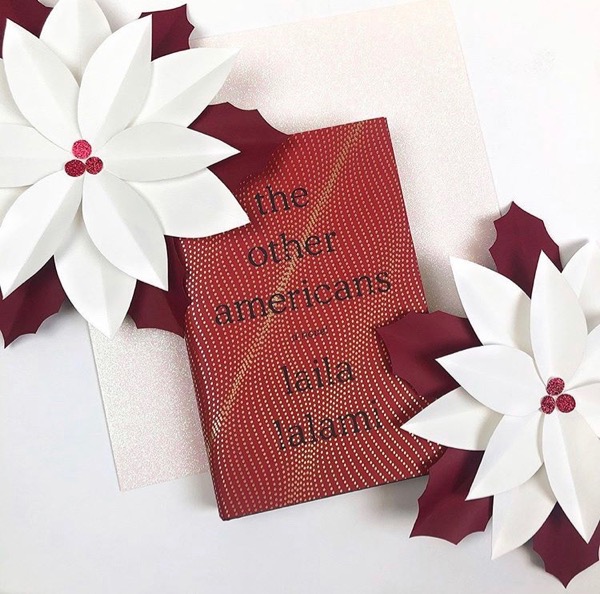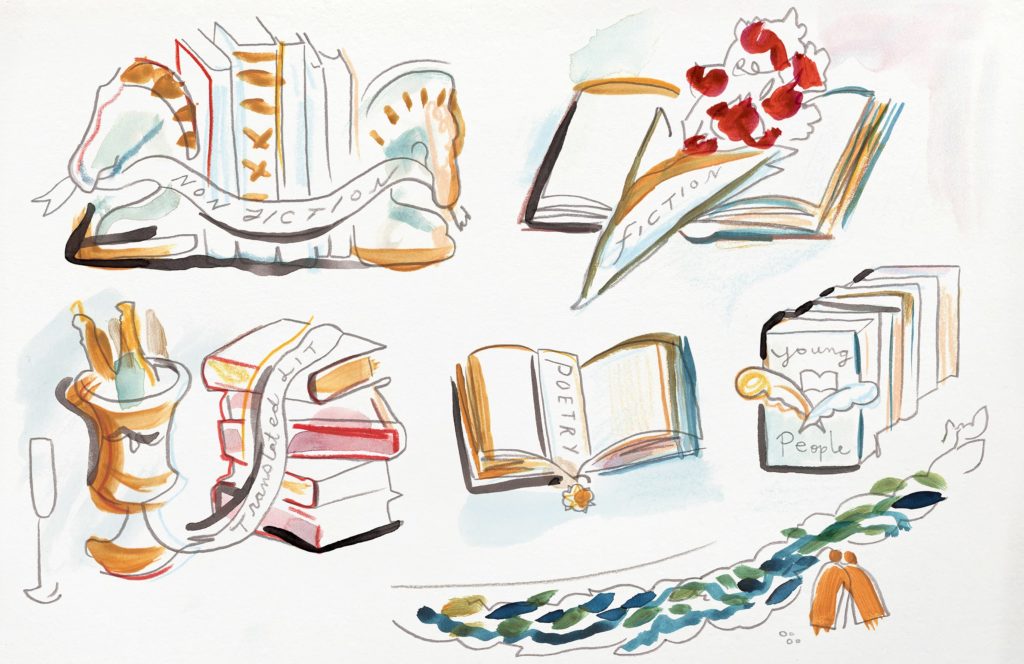Dispatch from Self-Quarantine

“Disease did not discriminate,” I wrote in my novel, The Moor’s Account. Based on a true story, the book chronicles the journey of a Spanish expedition to Florida in 1528, from the point of view of a Moroccan slave who has been brought to the new world by his master. Within weeks, the men contract dysentery and begin to die, whether from infection or from their attempts to escape the unfamiliar landscape of America. “[Disease] could strike the rich as well as the poor, the brave as well as the coward, the wise as well as the fool. Disease leveled all the differences between us and united us in a single abiding fear.”
In our modern world, where massive populations of people live in high-density areas and depend on a global economy for survival, disease can spread just as fast as in 1528, just as indiscriminately. But the costs of the COVID-19 pandemic will not be borne equally by all. Once disease spreads and quarantine becomes mandatory, the poor, the elderly, the immune-compromised, the disabled, the uninsured, the incarcerated and the detained will be hit much harder.
The coronavirus pandemic is an argument for why we need social rights, like universal healthcare, a living wage, sick leave, and free education. Imagine for a moment how the pandemic would’ve unfolded if Americans could see a doctor for free at the first sign of symptoms. Imagine if workers who are diagnosed could immediately take leave from their jobs without fear of lost wages. Imagine if students did not have to worry that an additional semester in college would mean adding tens of thousands of dollars to their mounting debt.
The mention of social rights usually triggers howls of “How will we pay for it”? But the correct question is “Who will pay for it?” In 2017, the Trump administration passed the Tax Cuts and Jobs Act, which lowered taxes for corporations, whose rate went from 35% to 21%. It was the biggest one-time reduction in corporate tax in American history. But as the budget deficit ballooned, it soon became clear who would pay for these tax cuts. Last year, for example, Trump proposed cuts to Social Security, Medicare, and Medicaid.
The COVID-19 pandemic will worsen all of the problems that fester in U.S. society right now: expensive healthcare, income inequality, mass incarceration, immigration detention, etc. We need a national guarantee of social rights. The time to act is now.


